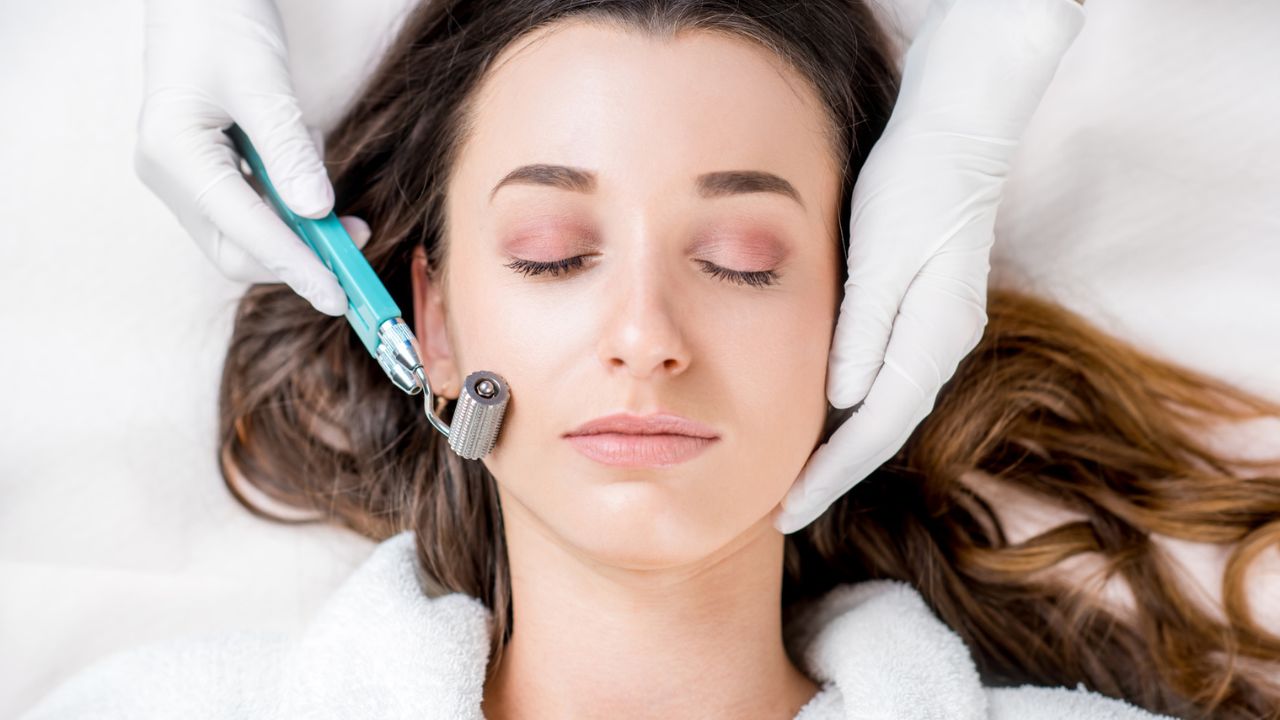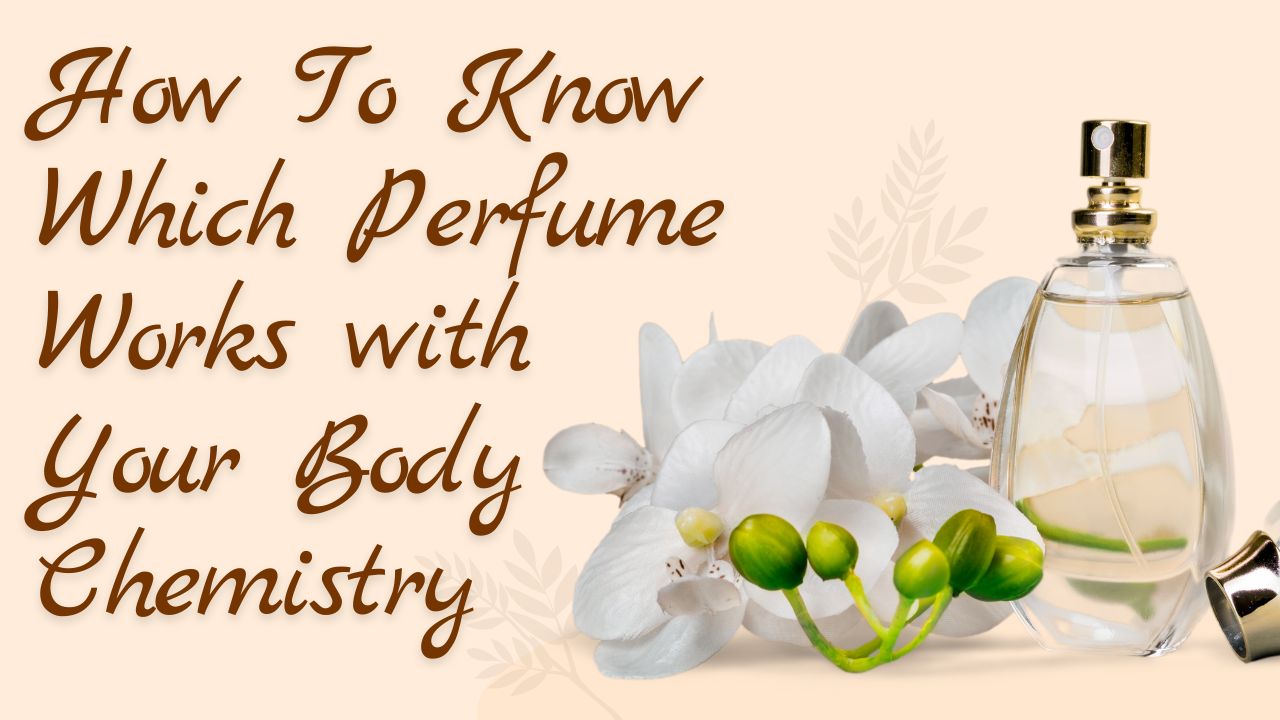Skin Benefits of Resveratrol

A polyphenolic (plant-based) substance, resveratrol, is present in many skincare products, including serums and moisturising creams. Numerous fruits (including berries and grapes), chocolate, and nuts all contain it (pistachios and peanuts).

Resveratrol is an essential component of your skincare regimen because of its potent antioxidant, anti-inflammatory, antibacterial, and anti-ageing capabilities. The best aspect is that when applied topically, it is effective for all skin types and has few if any, negative effects.
What is resveratrol?
Resveratrol is a polyphenol component, making it a plant-based substance with a variety of health advantages. Numerous foods contain it, including dark chocolate, grapes, red wine, berries, peanuts, and pistachios. When administered topically, it has skin-related benefits and systemic health advantages. When applied topically, resveratrol produces the best results for the skin.
Skin benefits of resveratrol
Resveratrol applied topically can perform multiple actions that are beneficial to the skin and help to maintain its health, including anti-ageing, anti-inflammatory, antioxidant, and antibacterial.
UV protection
Resveratrol is a potent antioxidant that shields your skin from the damaging effects of free radicals. The sun’s ultraviolet radiation, pollution, and smoking all contribute to the production of free radicals, which target our collagen and cause it to degrade, which in turn leads to accelerated ageing of the skin. Antioxidants give up their own lives in order to protect cells from damage caused by free radicals.
Anti-ageing
The ability of this compound to stimulate the creation of fibroblasts is at the root of its anti-ageing actions. Fibroblasts are the cells responsible for the production of collagen. Additionally, resveratrol can directly increase collagen formation through the activation of oestrogen receptors in the body. The appearance of wrinkles can be reduced by increasing the amount of collagen in the skin. Additionally, resveratrol can make the skin more radiant and it can also improve its texture.
Reduces inflammation
In addition to its role as an effective anti-inflammatory agent, resveratrol has a calming and soothing effect on the skin. There is evidence that it can lessen the redness of your skin and make you look better. Resveratrol may potentially be beneficial for conditions such as acne, atopic dermatitis, and psoriasis; however, additional research is required.
Anti-Microbial
Resveratrol exerts antimicrobial properties to prevent skin infections by bacteria and fungi. Small studies have revealed its potential to kill P. acnes, the bacterium causing acne, allowing resveratrol to help acne in multiple ways. It can also protect humans against fungal infections, much as it does for plants.
Resveratrol side effects
Side effects of topical resveratrol are minimal and limited to skin irritation. All skin types can tolerate resveratrol. If you have sensitive skin and are concerned, you may always try a test spot first to guarantee your skin will accept it.
If taken orally, resveratrol can induce stomach distress in excessive dosages. It is also not recommended for persons on blood thinners or who have bleeding disorders, as it can worsen them. Resveratrol can also produce a rise in oestrogen. If you are considering taking it orally for its systemic benefits, talk to your doctor first.
Which resveratrol dosage should I use?
Resveratrol can be available in the form of a topical application in a variety of formulations, including serums, moisturisers, repair creams, and masks. The formulation that works best for you is the one that is tailored according to your needs. If you intend to use it on a daily basis, select a lightweight serum or lightweight moisturiser that is compatible with sunscreen.
Hyaluronic acid and resveratrol are frequently mixed together to create a midday moisturiser that is lighter. During the nighttime, your skincare routine should consist of richer, more emollient products like moisturisers and repair creams. It is recommended that you use it at night when your skin is mending itself from the damage it had during the day. Consult with a dermatologist if you are having difficulty determining which product will work best for you.
Oral resveratrol supplements can be found in pill, chew, or powder form, depending on your preference. There are a lot of products on the market that mix resveratrol and vegan collagen. Resveratrol taken orally will not provide the same benefits to the skin as resveratrol applied topically, but it may provide advantages to other organ systems. When it comes to the health of your skin, unfortunately, a glass of red wine is not an adequate substitute for applying resveratrol topically.
There is preliminary evidence that ingesting resveratrol can help protect the brain from age-related cognitive deterioration. Additionally, there is some evidence that it can retard the ageing process, lower cholesterol levels and blood pressure, and aid in the prevention of cancer. Resveratrol was even shown to lengthen the therapy window for individuals suffering from ischemic stroke, which ultimately led to an improvement in survival rates for these patients. Having said that, a significant amount of additional investigation is required.
The resveratrol during pregnancy?
There is some debate on whether or not resveratrol should be consumed by pregnant women. While some studies have found positive effects, others have found either negative effects or no positive effects.
There is a dearth of evidence either proving or disproving the effectiveness of resveratrol. Before resveratrol may be suggested to pregnant women, additional research needs to be carried out on the topic. In the meanwhile, you want to have a conversation about it with your primary care physician before beginning it.
Resveratrol alternatives
There are other ingredients that can be used in skin care products besides topical resveratrol that offer comparable benefits. Both retinoids and bakuchiol are excellent anti-ageing substances because they encourage the creation of collagen, which in turn helps remove wrinkles and fine lines.
Because of their antibacterial qualities, retinoids can contribute to a decrease in the number of acne outbreaks. In the same way, as an antioxidant would, they can even help mitigate some of the potentially damaging effects of the sun’s ultraviolet radiation.
The combination of the powerful antioxidants vitamin C, vitamin E, and ferulic acid is much more effective than using any of them individually. They prevent the collagen and elastin in the skin from becoming damaged by the sun’s ultraviolet radiation, which is the primary cause of wrinkles. In addition to this, vitamin C helps to promote the creation of collagen, while vitamin E has qualities that reduce inflammation.
Niacinamide has high antioxidant capabilities that prevent free radical damage caused by the sun and helps to boost the creation of collagen, which also benefits from these properties. It also has anti-inflammatory qualities, which help soothe skin that is red and irritated. Niacinamide’s anti-inflammatory and antibacterial qualities will also assist in reducing the frequency and severity of acne outbreaks.
- Your Ultimate Guide to Travel Insurance for Adventure Sports
- A Guide to Renters Insurance for Pet Owners: Pet-Proof Your Policy
- Safeguard Your Future: Understanding Identity Theft Insurance
- Safeguard Your Event: Understanding Event Cancellation Insurance
- Everything You Need to Know About Critical Illness Insurance Riders
- Home Equity Loans vs. HELOCs: Which is Right for You?












